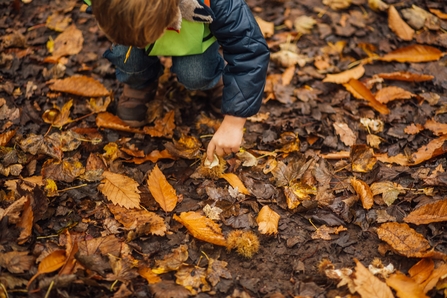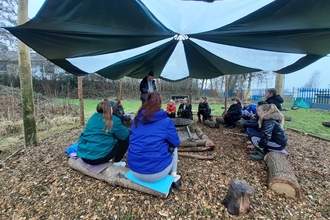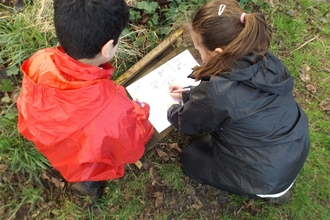Outdoor learning offers the chance for children to connect to more of the things that can benefit their mental health

Helena Dolby
The pandemic has resulted in significant disruption to education and family life for all young people. As we continue to respond to the ongoing impacts and adjust to the situation, we have seen young people responding in different ways. Some young people have naturally adapted to the ‘new normal’, while others have needed additional support to navigate the uncertainty and disruption. One thing is for sure through, we have witnessed incredible resilience in difficult circumstances.
YoungMinds carried out a number of surveys with young people throughout the pandemic. They found that while 79% agreed that their mental health would start to improve as restrictions were lifted, 67% believed the pandemic would have a long-term negative effect on their mental health.
Throughout the pandemic many of us found that spending more time outside has helped us to feel better and process the experience more positively. When young people have the opportunity to spend time outside, they report similar benefits in terms of feeling calmer and happier.
The People and Nature Survey 2020 found that 83% of children agreed that being in nature made them very happy, 70% said that they wanted to spend more time outdoors with friends and 44% said they wanted to spend more time outdoors at school.
Nature Friendly Schools’ ground-breaking approach aims to get more children learning outside, by providing teachers with training to increase their confidence and help them make the most of the benefits of time outside. Training includes support to help them better recognise and articulate the mental health benefits of learning outside.
We often talk about resilience and how being more resilient can reduce mental health difficulties. At YoungMinds we explain to schools that resilience is about both the internal and external resources that we can draw upon to help us respond to the challenges we face. Outdoor learning offers the chance to connect our children to more of the things that can help them cope. For example, they learn new skills, develop and strengthen relationships, discover more about what they like, and develop a sense of belonging and many more things.
Schools taking part in the project report that their children experienced increased self-esteem, developed better relationships with staff, peers and their families, and became calmer as a result of more time outs



